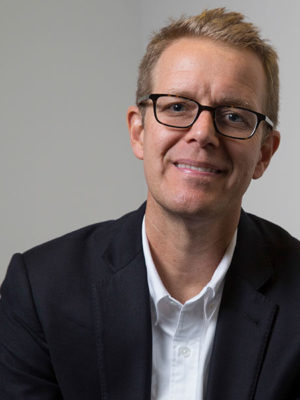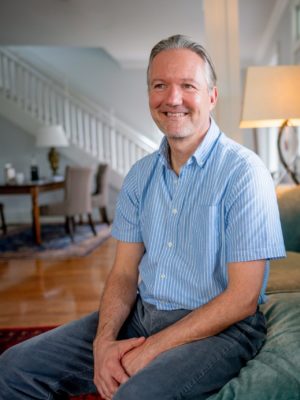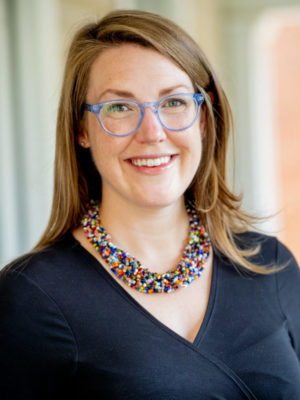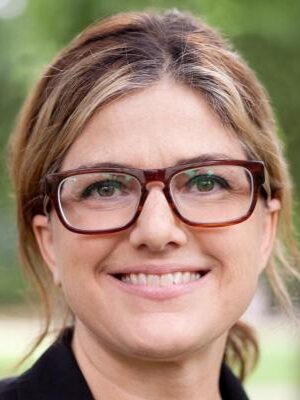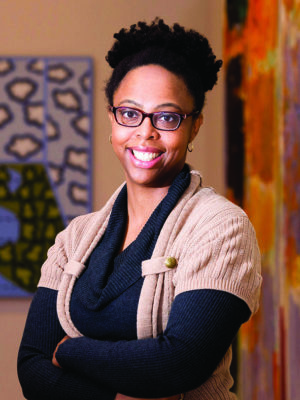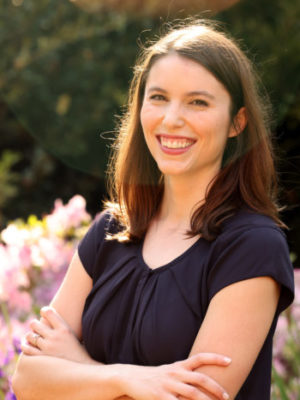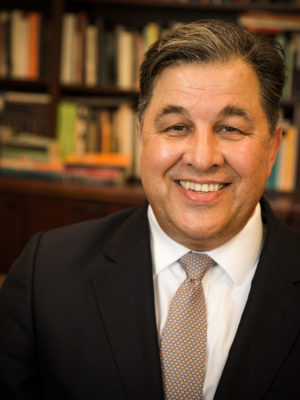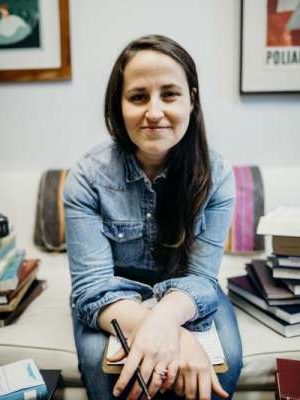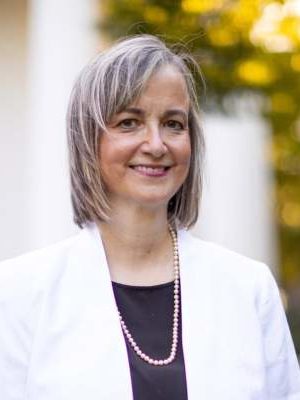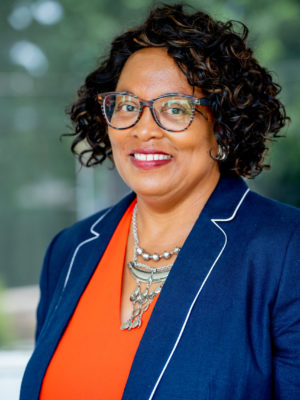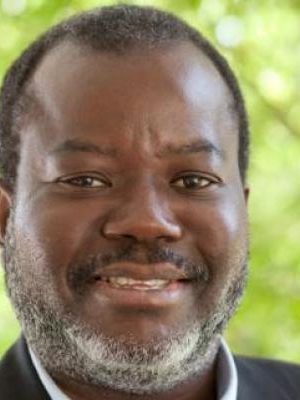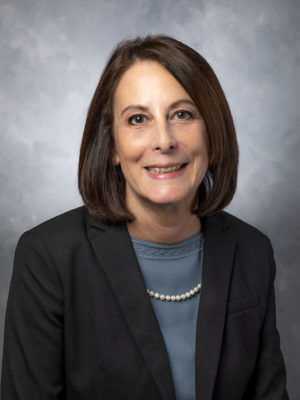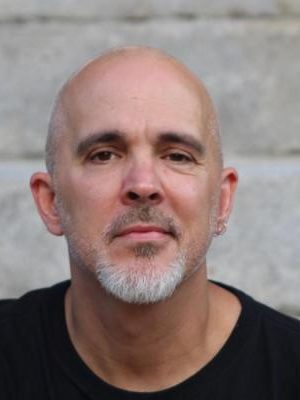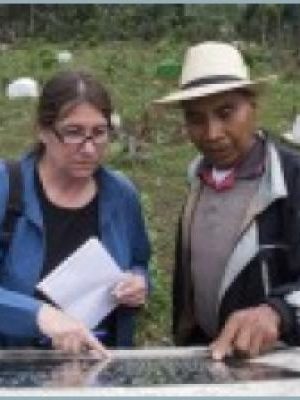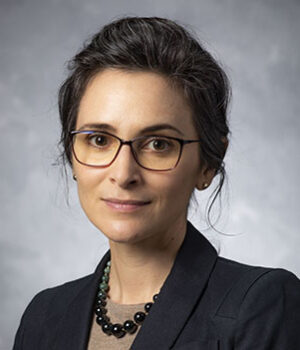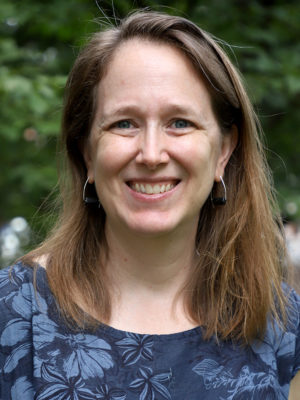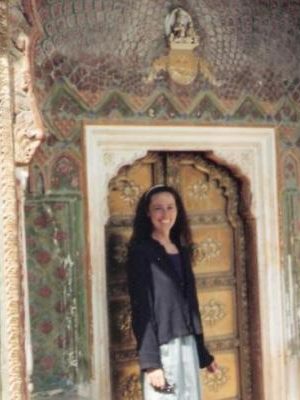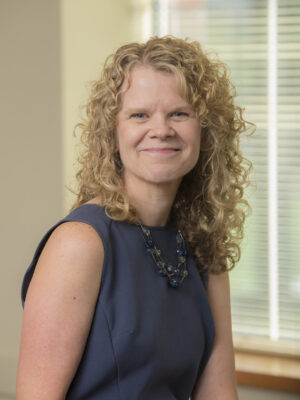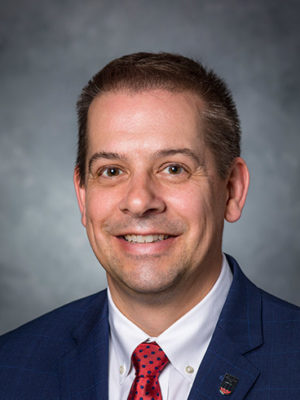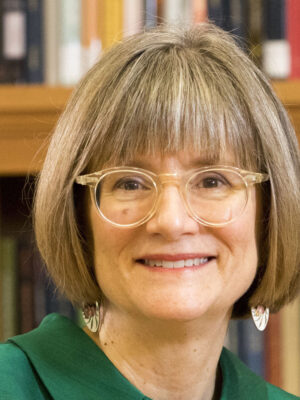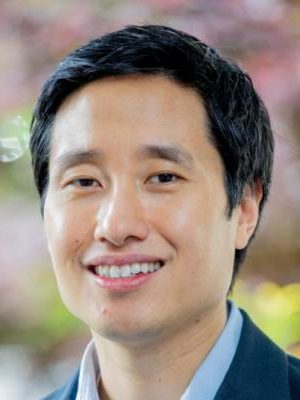UGA Humanities Council
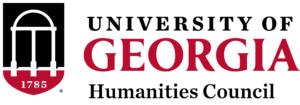 The University of Georgia Humanities Council is designed to weave humanities practices into the culture of campus, and to make visible and valuable the diversity of these practices to our learning community.
The University of Georgia Humanities Council is designed to weave humanities practices into the culture of campus, and to make visible and valuable the diversity of these practices to our learning community.
The Humanities Council is supported by the Office of Research, the Office of the Provost, and the Franklin College of Arts and Sciences, with the participation of more than 30 colleges, schools, departments, and units across the university.
The council organizes the university’s Humanities Festival, which takes place in March of each year.
Humanities research adds to our knowledge of the world, as scholars investigate differences between cultures and communities around the world and across time, consider the ways art is made and received, or unveil the undercurrents that have shaped history. Humanities education encourages students to think creatively and critically, to reason, and ask questions. And, as the humanities offer insight into nearly every aspect of life, they have been considered a core element of a well-rounded education since ancient times… Put simply, the humanities help us understand and interpret the human experience, as individuals and societies.
– From the National Humanities Center
The humanities comprise those fields of knowledge and learning concerned with human thought, experience, and creativity. By exploring the foundations of aesthetic, ethical, and cultural values and the ways in which they may endure, be challenged, or transformed, humanists help us appreciate and understand what distinguishes us as human beings as well as what unites us… Humanists study the diverse means by which human beings in every age and culture explore, understand, and change their world. The humanities enable us to think about and think through the issues that confront us as global citizens of the twenty-first century.
– From the American Council of Learned Societies (ACLS)
Members
Assistant Professor of Spanish and Digital Humanities – Romance Languages
Interim Director – Willson Center Digital Humanities Lab, UGA Libraries
Associate Academic Director – Willson Center for Humanities and Arts
Program Specialist – Center for Undergraduate Research Opportunities (CURO)
Associate Academic Director, Willson Center for Humanities and Arts

